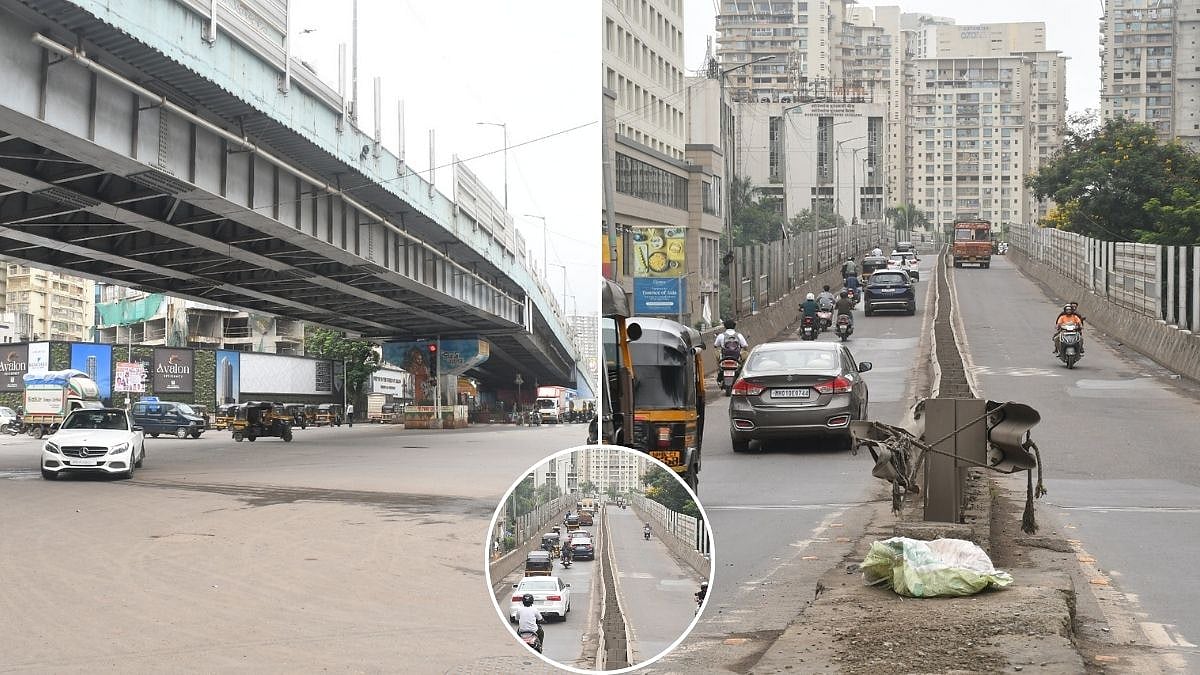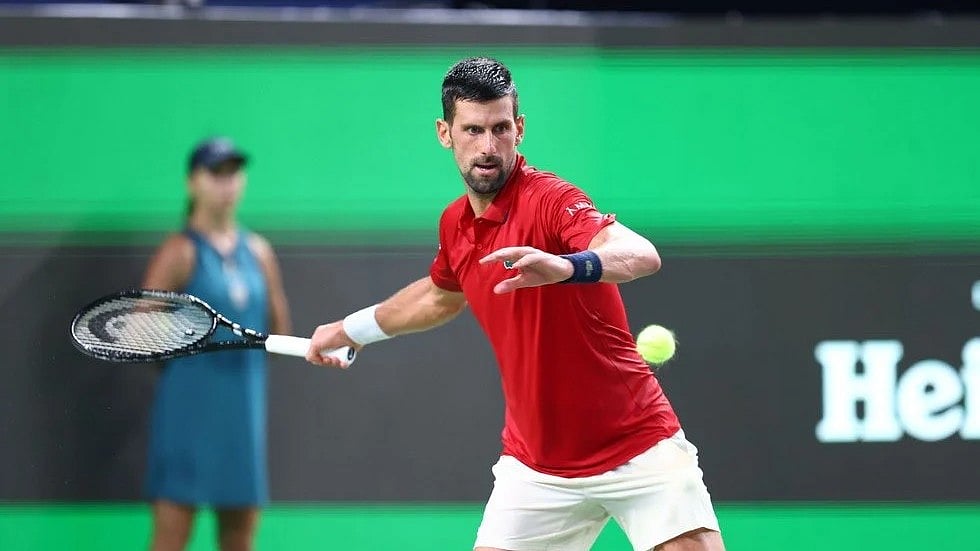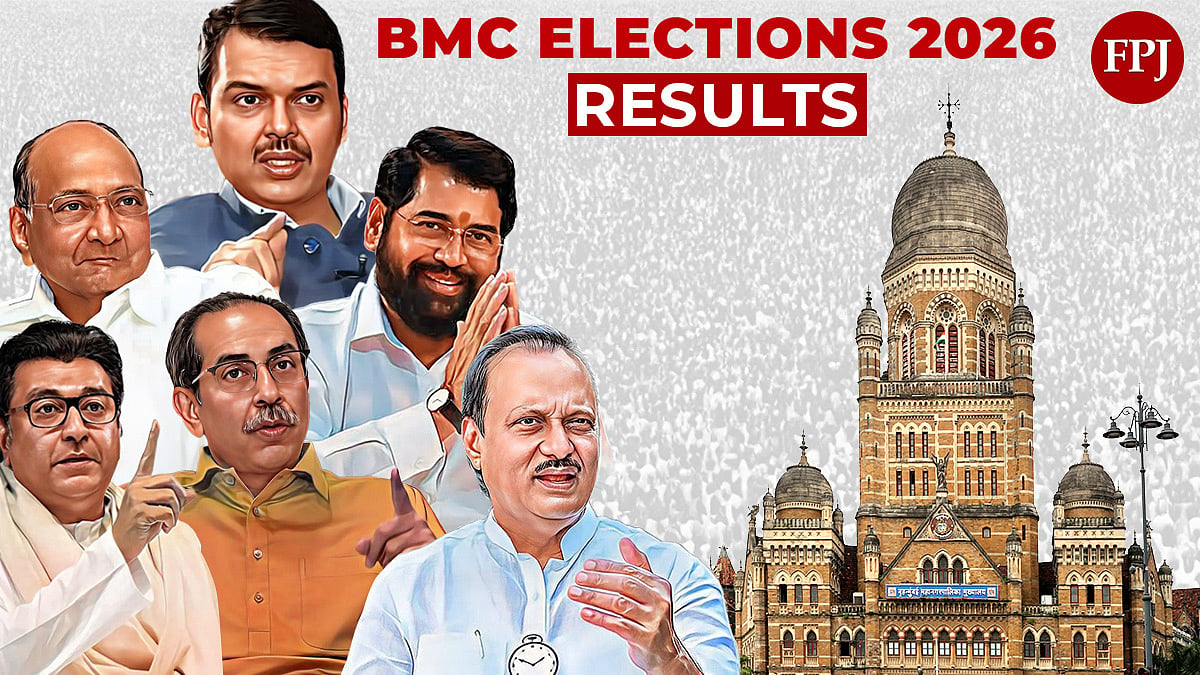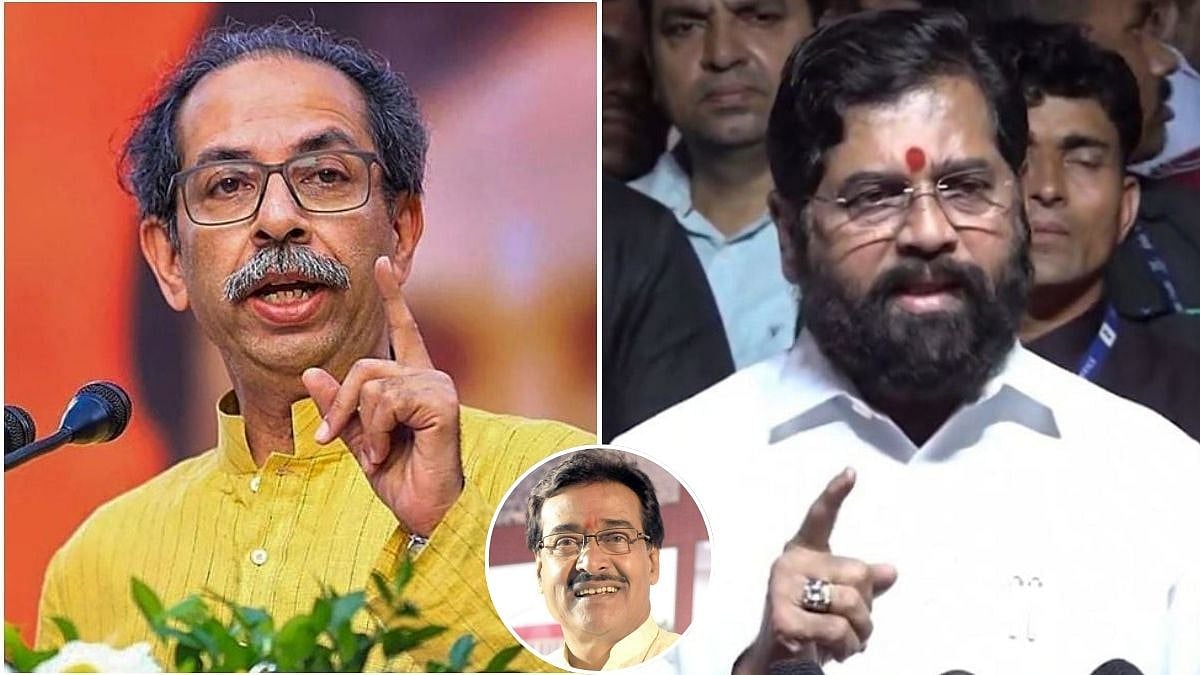Observing that serving a default sentence for not paying the fees isn't a punishment, the Bombay High Court ordered the Maharashtra government to consider the application of a prisoner, convicted under the stringent MCOCA, seeking emergency parole in view of the Covid19 pandemic. The convict has undergone his full sentence of 14 years and an additional 4 years for not being able to pay the fine imposed by a trial court.
A bench of Justices Sambhaji Shinde and Makarand Karnik took into account the fact that the convict, a Thane resident, couldn't pay the fine of Rs 15 lakh since he was poor.
The bench was petitioned by the convict seeking emergency parole highlighting the fact that he has served more than 18 years.
According to the convict, the trial court had sentenced him to 14 years of rigorous sentence and had also directed him to undergo a default sentence for 10 years, if he failed to pay the fine amount.
However, since he couldn't pay the fine amount, he was compelled to serve another 10 years after completing his 14 years punishment. Of these 10 years of default punishment, the convict had served around four years.
To buttress his case, the convict cited the October 2016 orders of the government, by which it had decided to release him after completing his 14 years of the actual sentence. He further cited an October 2014 report submitted by the Deputy Probation Officer, District Women and Child Welfare Department, Raigad, in its home inquiry report, which stated that his family has been pushed to "abject poverty" during his incarceration, forcing his aged mother to work as a manual labourer.
Opposing the plea, the state through its prosecutor argued that since he has been convicted under MCOCA, a special enactment, he couldn't be released under emergency parole. The state to substantiate its argument, cited the High Power Committee's (HPC) report which disallowed convicts under special laws such as MCOCA to be entitled to emergency parole.
Having heard the contention, the judges said, "There is no manner of doubt that the imprisonment now being undergone by the convict is a penalty which he has incurred on account of non-payment of a fine. Having undergone the sentence of 14 years under the MCOCA law, the term of imprisonment ordered in default of payment of the fine which he is presently undergoing cannot be said to be a sentence under the special act."
"For applying the HPC's decision, he cannot be regarded as a convict under the MCOCA law. He is suffering the consequence of a penalty for not paying the fine. Also, the fact that his family is pushed to abject poverty during his incarceration, forcing his aged mother to work as manual labourer cannot be ignored," the bench added while directing the state to consider his plea afresh for releasing him on emergency parole.







